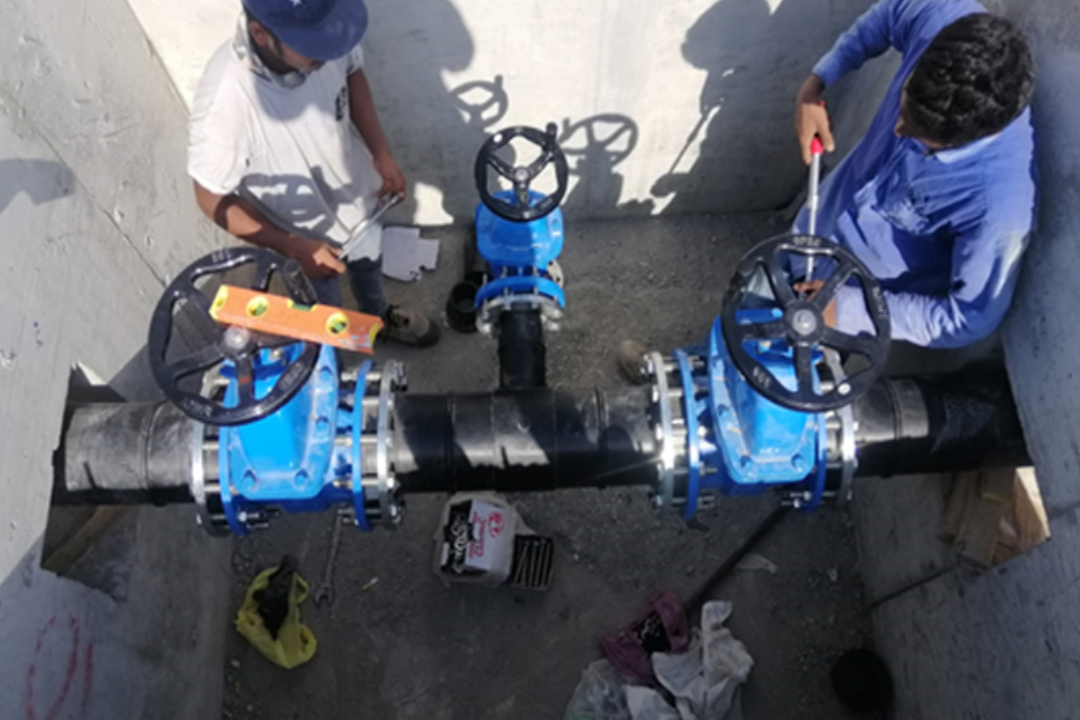When it comes to pipeline installation, HDPE (High-Density Polyethylene) has emerged as a popular choice in the industry. Its durability, flexibility, and resistance to corrosion make it an ideal material for various applications. In this section, we will explore the key aspects of HDPE pipeline installation and its benefits.
The process of HDPE pipeline installation involves several important steps to ensure a successful and long-lasting system. From proper planning and design to meticulous execution, each stage plays a crucial role in achieving optimal results. By following industry standards and best practices, professionals can ensure the integrity and efficiency of the installed pipelines.
One of the significant advantages of HDPE pipeline installation is its versatility. It can be used for a wide range of applications including water supply, gas distribution, industrial processes, and irrigation systems. The flexibility of HDPE pipes allows for easy maneuverability around obstacles and uneven terrain, reducing the need for additional fittings or joints.

Furthermore, HDPE pipelines are known for their excellent resistance to chemicals, abrasion, and weathering. This makes them highly reliable even in harsh environmental conditions. Additionally, their smooth inner surface minimizes frictional losses during fluid transportation while preventing scaling or build-up that could affect flow rates.
Another vital aspect worth mentioning is the cost-effectiveness of HDPE pipeline installation. Compared to traditional materials like steel or concrete pipes, HDPE offers significant savings in terms of material costs as well as reduced labor requirements due to its lightweight nature. Moreover, its long service life minimizes maintenance expenses over time.
In conclusion, HDPE pipeline installation offers numerous benefits ranging from durability and flexibility to chemical resistance and cost-effectiveness. By embracing this advanced solution in various industries such as water management or industrial processes, professionals can ensure efficient operations while minimizing potential risks associated with traditional pipe materials.

